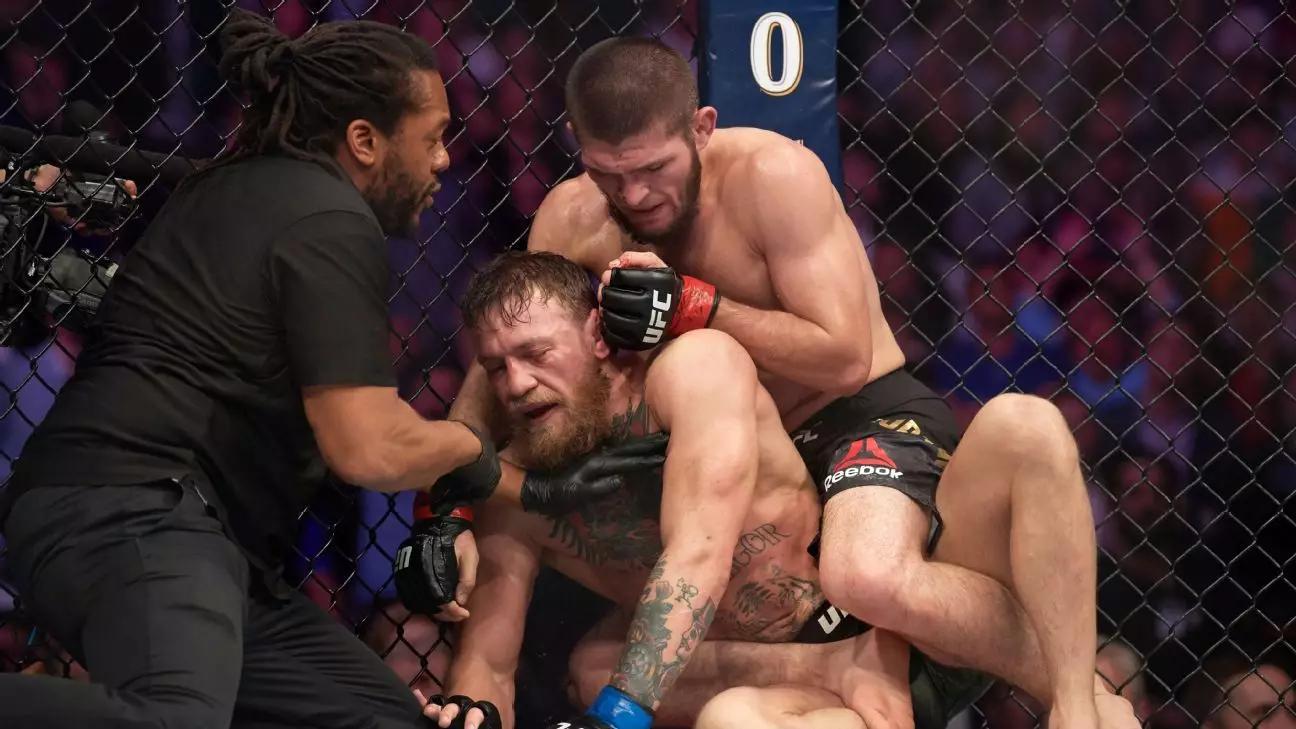Khabib Nurmagomedov’s recent remarks about Conor McGregor reflect a remarkable shift in perspective, emphasizing the potential for redemption rather than perpetual animosity. Once fierce rivals, Nurmagomedov’s willingness to hope for McGregor’s transformation speaks volumes about the human capacity for change, even in the face of past hostility and personal shortcomings. His belief that Allah offers a second chance underscores an optimistic view that no life is beyond redemption—a sentiment that challenges the often unforgiving nature of competitive rivalries. It reminds us that disagreements and past mistakes need not imprison individuals in a cycle of perpetual punishment; instead, there is always a possibility for renewal and future betterment.
From Hatred to Hope: Redefining Legacies in a Culture of Spectacle
The history of their rivalry was marked by intense moments of conflict, both inside and outside the Octagon, tarnished further by McGregor’s legal troubles and Nurmagomedov’s unwavering focus on their feud. Yet, Nurmagomedov’s latest comments shift the narrative from one of enmity to one of compassion. This evolution demonstrates the importance of growth, especially for figures in the ruthless world of MMA, where fame and personal flaws often collide with destructive consequences. Nurmagomedov’s acknowledgment that McGregor still has a shot at redemption is a profound gesture—one that challenges us to consider how we view difficult individuals: not just as embodiments of past mistakes, but as complex human beings capable of profound change.
The Role of Personal Responsibility in the Face of Adversity
Nurmagomedov’s statement also frames life’s hardships as a form of punishment, yet he accentuates hope by pointing out that divine mercy provides opportunities for renewal. This perspective urges us all to examine our own responses to adversity and destructive behavior. McGregor’s legal issues and recent inactivity in the UFC could be viewed as consequences—yet, according to Nurmagomedov, these are also opportunities for redemption if he chooses to embrace change. The fact that McGregor has re-entered the testing pool indicates an awareness of this possibility, signaling that even in the face of personal failure, there remains a path toward reclaiming one’s future.
The Power of Forgiveness and the Human Spirit
Nurmagomedov’s evolution from steadfast rival to hopeful mentor illustrates a broader truth: forgiveness, whether self-directed or extended to others, is a vital ingredient for growth. It’s not just about McGregor’s future; it’s about acknowledging that everyone carries scars from their past, but those scars do not have to define their destiny. The willingness to see potential in someone like McGregor signifies a recognition of the resilience of the human spirit—an understanding that setbacks are not final and that change requires courage, hope, and genuine effort. Nurmagomedov’s message champions a more compassionate view of justice and progress, serving as an inspiring reminder that redemption is always possible when we open our hearts to it.

